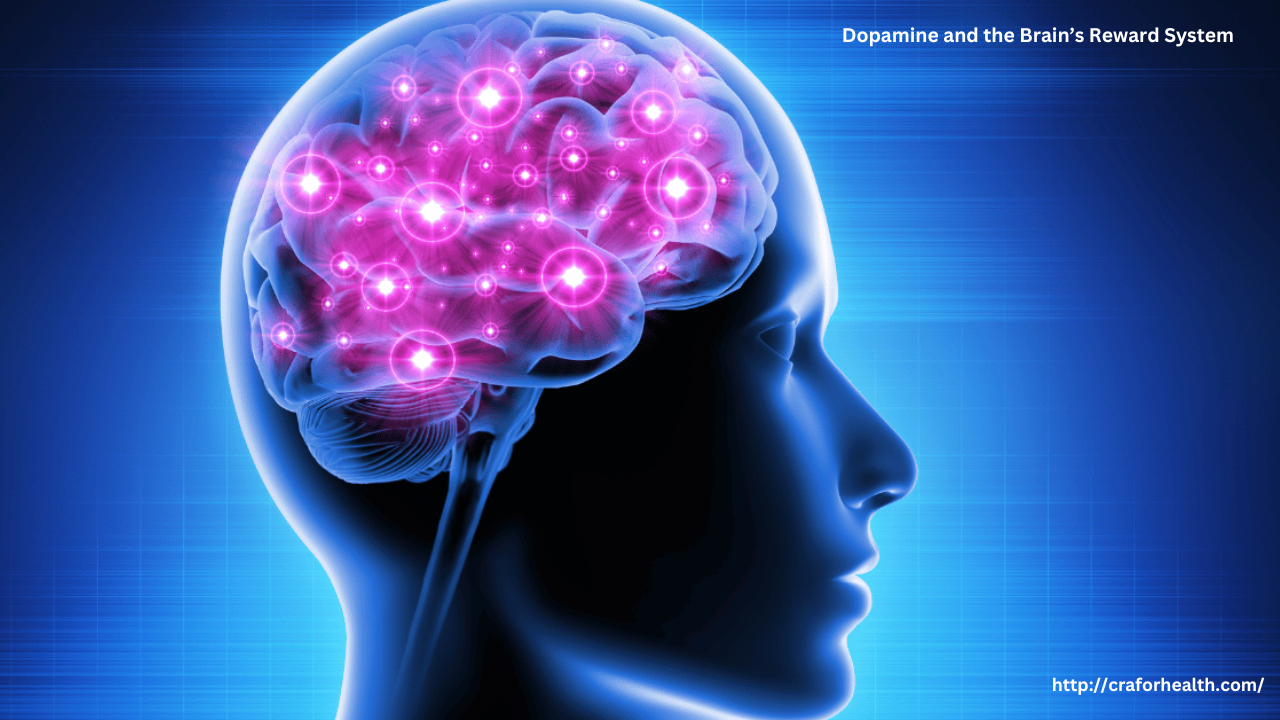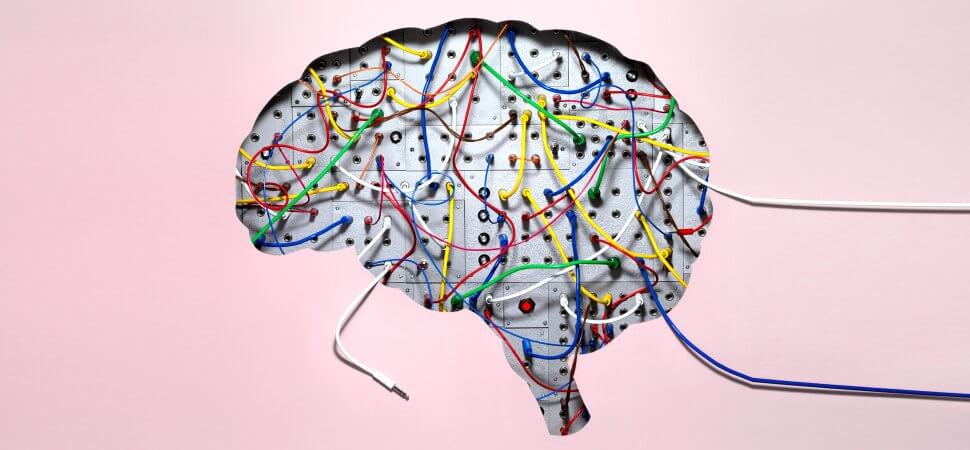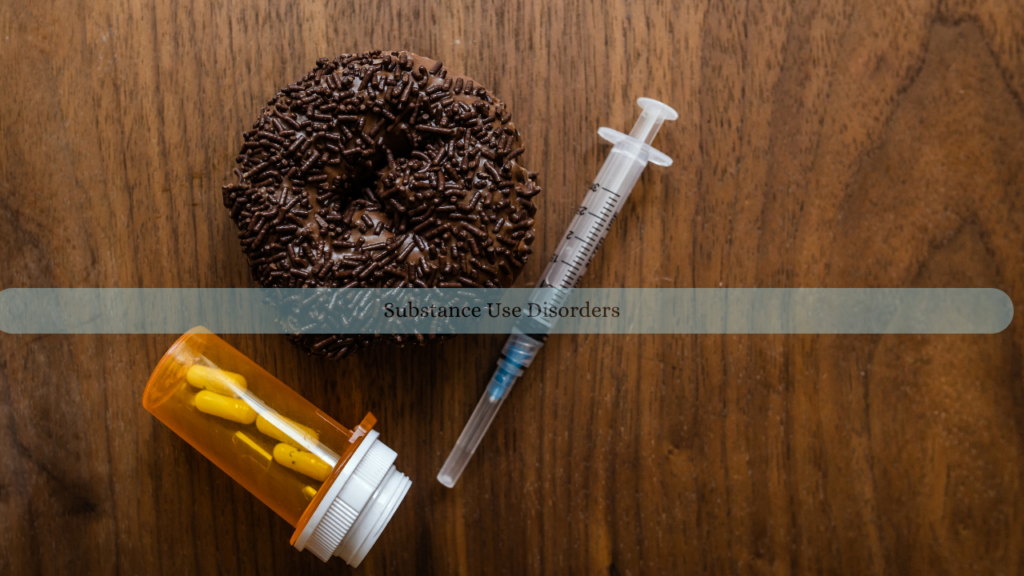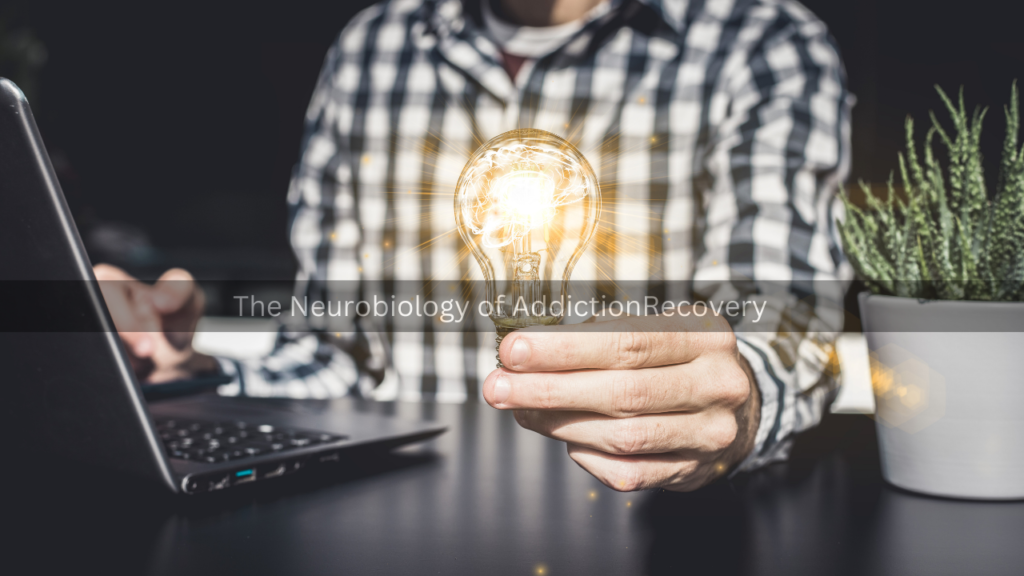Dopamine is a neurotransmitter that plays a crucial role in the brain’s reward system, motivation, and pleasure response. While it is essential for survival and well-being, it is also at the heart of addiction. Understanding dopamine’s role in substance use disorders can provide valuable insight into why addiction develops and how recovery is possible.
Dopamine and the Brain’s Reward System
Dopamine is often called the “feel-good” chemical because it reinforces behaviors that bring pleasure or satisfaction. Activities like eating, socializing, and exercising naturally trigger dopamine release, helping us learn and repeat behaviors that promote survival. However, addictive substances hijack this system, flooding the brain with unnaturally high levels of dopamine.
When drugs such as opioids, cocaine, nicotine, or alcohol are used, they cause a surge of dopamine, creating intense feelings of euphoria. This unnatural spike conditions the brain to associate substance use with extreme pleasure, reinforcing drug-seeking behavior. Over time, the brain adapts by reducing dopamine production and receptor availability, leading to tolerance—a state where larger amounts of the substance are needed to achieve the same effect.
How Dopamine Contributes to Addiction
1. Cravings and Compulsive Behavior
With continued substance use, the brain prioritizes drugs over natural rewards. Everyday activities that once brought joy—such as spending time with loved ones or pursuing hobbies—lose their appeal because they no longer produce the same dopamine levels as drugs. This leads to intense cravings and compulsive drug-seeking behavior.
2. Dependence and Withdrawal
As dopamine production becomes dysregulated, individuals become dependent on the substance to feel normal. When drug use stops, dopamine levels drop dramatically, leading to withdrawal symptoms such as depression, anxiety, fatigue, and irritability. This reinforces continued substance use to avoid discomfort.
3. Long-Term Brain Changes
Chronic drug use alters the brain’s prefrontal cortex, which is responsible for decision-making and impulse control. This impairment makes it difficult for individuals to resist cravings, even when they recognize the harmful consequences of their addiction. These changes can persist long after substance use stops, making relapse a common challenge.
Dopamine and Recovery: Rewiring the Brain
Although addiction causes significant brain changes, recovery is possible through neuroplasticity—the brain’s ability to adapt and form new connections. Over time, with sustained abstinence and behavioral therapy, dopamine function can improve. Here’s how:
1. Medication-Assisted Treatment (MAT)
Certain medications, such as buprenorphine (for opioid addiction) or bupropion (for nicotine addiction), help stabilize dopamine levels and reduce cravings. MAT can be a crucial tool in early recovery.
2. Behavioral Therapy
Cognitive-behavioral therapy (CBT) and motivational interviewing help individuals recognize triggers and develop healthier coping strategies. These therapies help rewire brain pathways, strengthening self-control and reducing reliance on substances.
3. Exercise and Healthy Lifestyle Choices
Physical activity has been shown to naturally boost dopamine and improve mood. Regular exercise, balanced nutrition, meditation, and social support can help restore the brain’s reward system.
4. Time and Patience
It can take months or even years for dopamine regulation to return to normal. Recovery is a gradual process that requires persistence, but with time, the brain can heal, and cravings diminish.
Conclusion
Dopamine plays a central role in addiction by reinforcing drug use and making quitting difficult. However, through medical treatment, therapy, and lifestyle changes, the brain can recover. Understanding the science behind dopamine and addiction helps shift the focus from blame to treatment, offering hope for long-term recovery.









